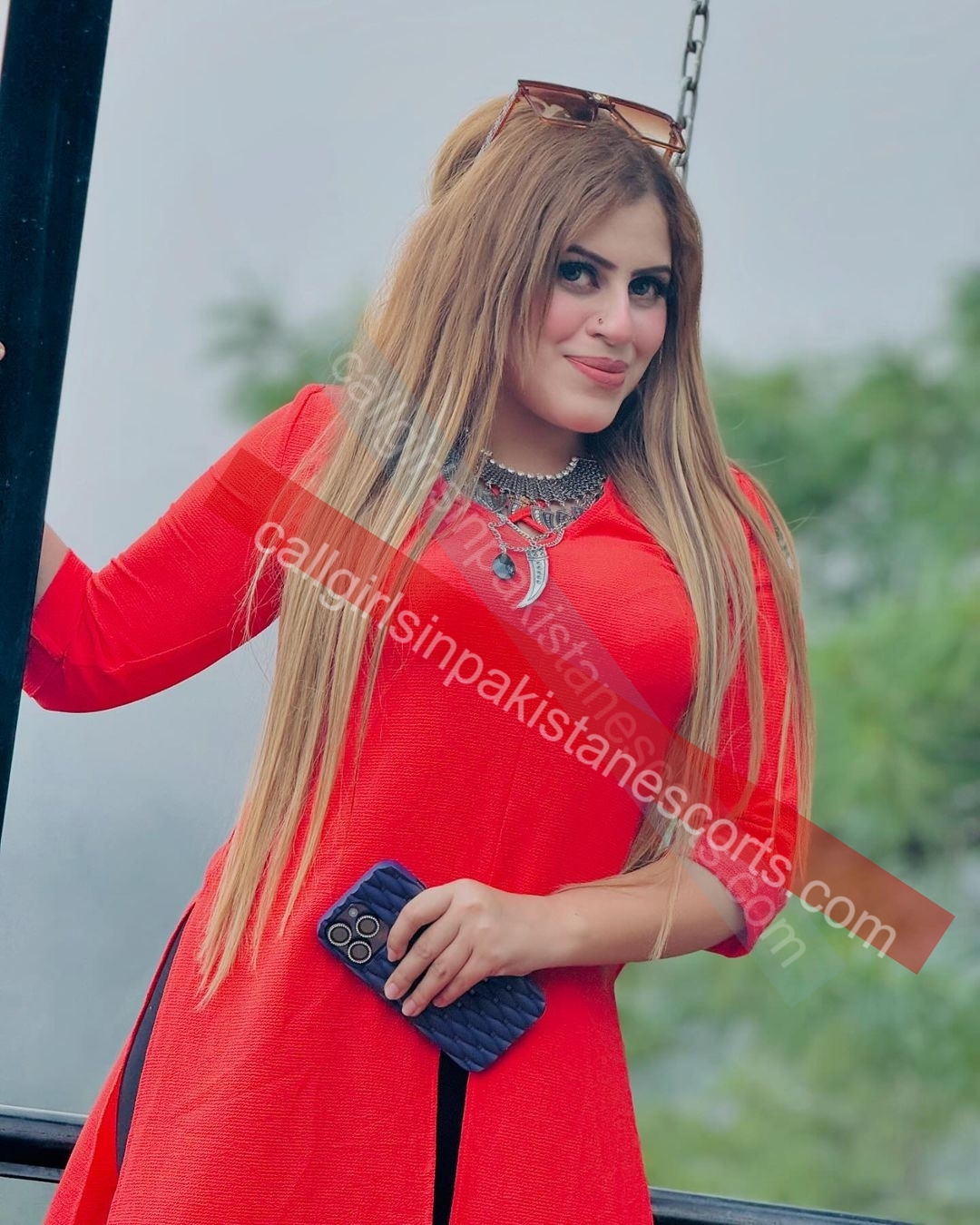Karachi, Pakistan’s largest city, is often characterized by its vibrant culture, rich history, and bustling economy. However, like many major metropolises around the world, it also has a hidden side—a realm Karachi Beautiful Call Girls shadows and is shrouded in controversy. Among the myriad of services available in the city, the presence of call girls is a topic that evokes both fascination and discomfort. This blog post aims to explore this complex phenomenon, shedding light on various aspects of the call girl culture in Karachi, including the socio-economic factors that contribute to it, the experiences of those involved, and the societal implications.
Understanding the Context
The call girl industry in Karachi, Massage Center In Karachi operates at the intersection of desire and desperation. It embodies a range of human experiences, from the luxury-seeking clientele to the women offering their services. In Pakistan, where societal norms and expectations can be stringent, the presence of call girls presents a counter-narrative to traditional gender roles. This dichotomy raises questions about autonomy, consent, and the socio-economic circumstances that lead some women to enter this line of work.
- Socio-Economic Factors: Many women involved in the call girl industry come from economically disadvantaged backgrounds. The promise of financial stability can be a significant motivator, especially in a city with a high poverty rate and limited opportunities for women in the formal workforce. For some, working as a call girl may be seen as a pragmatic choice, providing a means to support themselves and their families.
- Cultural Dynamics: Karachi’s diverse population comprises various ethnic backgrounds, traditions, and religions. This cultural diversity manifests in how individuals perceive and engage with the idea of companionship and intimacy. For some, the call girl culture might be seen as a taboo, while others may view it as a reflection of the changing dynamics of gender and sexuality in urban Pakistan.
The Experiences of Call Girls
To truly understand the call girl phenomenon in Karachi, one must consider the narratives of the women involved. Each call girl has a unique story, influenced by her background, aspirations, and challenges.
- Empowerment vs. Exploitation: While some women assert that their choice to enter the industry is empowering, allowing them to take control of their financial destiny, others may experience exploitation and coercion. The extent of empowerment often depends on the individual’s circumstances and the power dynamics at play.
- Safety and Risks: Engaging in this line of work can expose call girls to various dangers, including violence, harassment, and legal repercussions. Many operate in secrecy to avoid stigma and potential legal troubles. This secrecy can perpetuate a cycle of vulnerability, making them more susceptible to exploitation.
- Personal Stories: Through interviews and narratives, it becomes clear that many women view their work as a means to an end. Some aspire to improve their circumstances, finance their education, or support their families. These stories highlight the complexity of their choices and the often-harrowing circumstances that lead them into this industry.
The Clientele
The clientele that seeks the services of call girls in Karachi is as diverse as the city itself. Men from different walks of life—whether affluent businessmen, expatriates, or locals—may turn to these services for various reasons.
- Social Stigma: Many men engage with call girls discreetly due to the social stigma associated with such interactions. The fear of judgment can drive them to seek services clandestinely, further entrenching the underground nature of the industry.
- Emotional Factors: For some clients, the allure of a call girl goes beyond physical companionship. Emotional factors, such as loneliness, the desire for intimacy, or the need for validation, often play a significant role in their choice to engage with call girls.
Societal Implications
The existence of the call girl industry in Karachi raises important societal questions that warrant discussion.
- Gender Inequality: The prevalence of call girls often reflects broader issues of gender inequality in society. Women’s roles are frequently dictated by patriarchal norms, and those who step outside these norms can face backlash. The call girl phenomenon highlights the need for societal change that empowers women and ensures their rights.
- Legal and Ethical Considerations: The legality of prostitution varies worldwide, and in Pakistan, the act is illegal, leading to a complicated dance between law enforcement and the industry itself. This legal gray area can complicate issues of safety and rights for both workers and clients.
- Cultural Shifts: The presence of call girls may signal broader cultural shifts. As urbanization continues to reshape Karachi, traditional values are often challenged by modern ideas of autonomy and individual choice. This cultural evolution raises questions about how society defines love, relationships, and intimacy.







 Online | Privacy policy
Online | Privacy policy